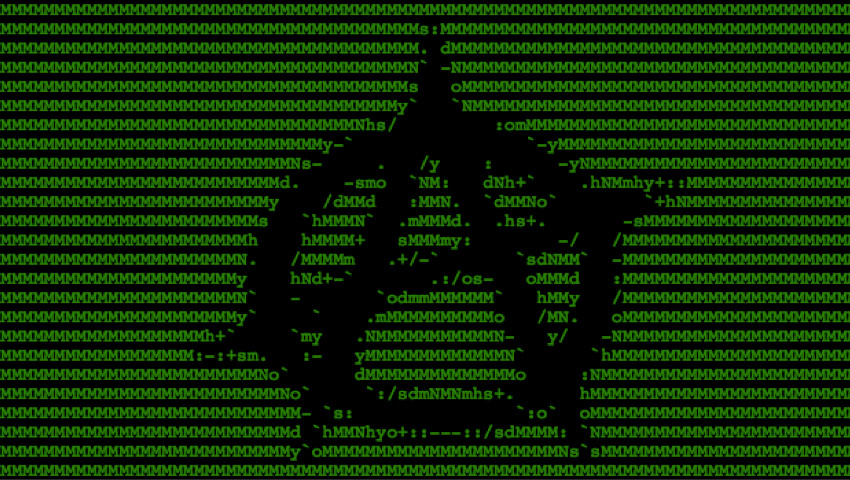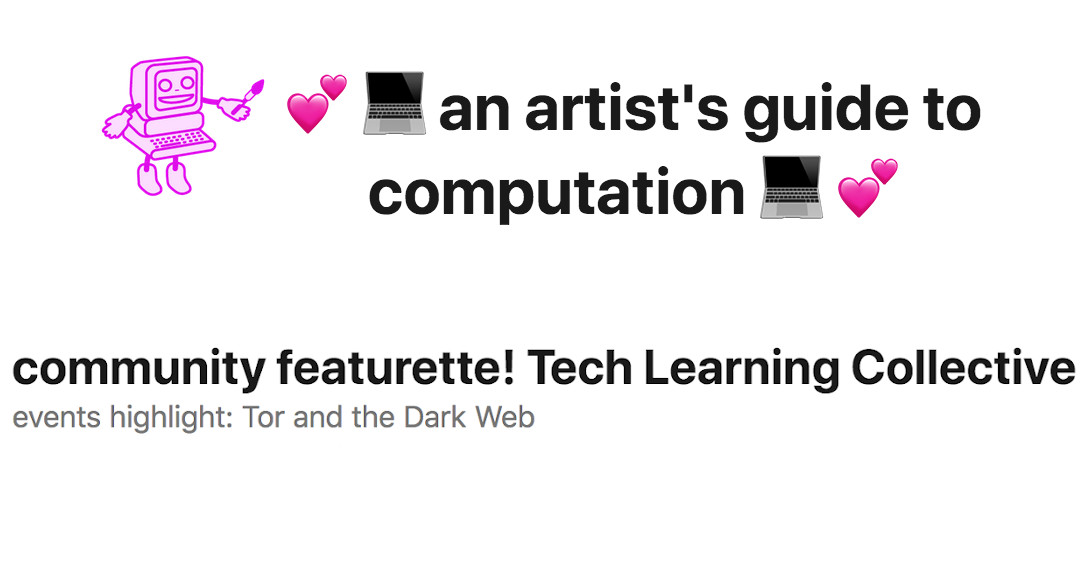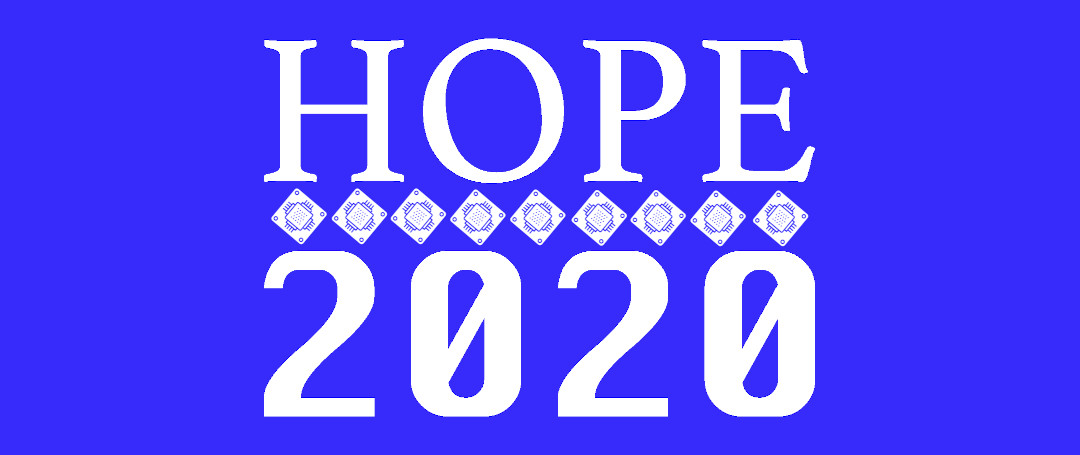In April 2001, five months before 9/11, Bram Cohen began designing a new file sharing protocol that would almost single-handedly change the face of the music, TV, and movie industries for the next two decades. The technology was not in itself a completely new idea. After all, similar technologies like the well-known File Transfer Protocol (FTP) had been designed and deployed for copying files between computers before. What made this one so potent was the way it reflected the fractured, organic structure of its underlying medium, the Internet itself.
Blog
-
How we can win back the Internet by creating lowercase internets

Translations: pt.
-
The Internet was always anarchist, so Anarchists must learn to become responsible for operating it

Translations: pt-br.
When Bob Metcalfe invented Ethernet in the 1970’s, he intentionally designed his system in a way that would function anarchically. Many engineers believed this approach was too chaotic to succeed. How could a system of coordination function with no command center? It would be pure anarchy! Today, every Internet connection, local network, telephone uplink, datacenter backhaul, and Wi-Fi signal to your computer uses Ethernet. The anarchist approach proved simpler, more efficient, and ultimately more successful. This is no surprise to any practicing anarchist, although many practicing anarchists still won’t recognize the anarchism in action when they post their next Tweet. Meanwhile, most Big Tech insiders aren’t able to see the parallels between their beloved technology and the anarchist viewpoint. This must change, and we’re going to change it.
-
Tech Learning Collective interview at An Artist's Guide to Computation

This week’s issue of Martha Hipley’s “An Artist’s Guide to Computation” features an interview with Tech Learning Collective. We answer questions about what makes us different from code bootcamps and even other advocacy/community groups (short answer: we’re not doing what they’re doing), why we focus on communications security at every step of our curriculum (safe and secure communication is a prerequisite to political change), what to do if your friends say they hate Facebook but still aren’t ready to take action to protect their privacy online (change more of your own behavior first rather than debating the merits of your choices with them), how the year 2020 has radically transformed Tech Learning Collective’s own infrastructure (we’re 100% online now), and more.
-
Democracy is Bankrupt: I'd like an extra-large 'I Voted!' sticker with a side of political sedative, please

As the United States gears up for what is arguably one of the most highly contentious General Election seasons in a long time, we wanted to share our thoughts about the importance—and limitations—of voting, and how our political credo in this arena shapes our curriculum and our priorities. Our goal, as always, is to make it easier for you to succeed at truly impactful political work through mastery of digital and information systems. But before we have a chance in Hell of making a dent there, it’s important to have an accurate understanding of how things actually work in the world, so we understand where to focus our limited resources.
-
Return the Magic to Computers: Radio Statler/HOPE 2020 interview with Tech Learning Collective

In a far-reaching interview on the Hackers On Planet Earth 2020 conference’s Internet radio broadcast, Radio Statler, Tech Learning Collective discusses our philosophical approach to computer technology, hacking, anarcho-autonomism, and more. We also lead three offensive cybersecurity workshops at the HOPE 2020 workshops track this year, made possible by the conference organizer’s decision to make the event a wholly-virtual one. Our own hope for the event is that people who are looking for a liberatory and ambitious direction that goes beyond but overlaps with the famous hacker ethos exemplified by the HOPE 2020 conference and community can find what they’re looking for in the form of Tech Learning Collective’s approach to queering hackerdom and returning the magic to computers.